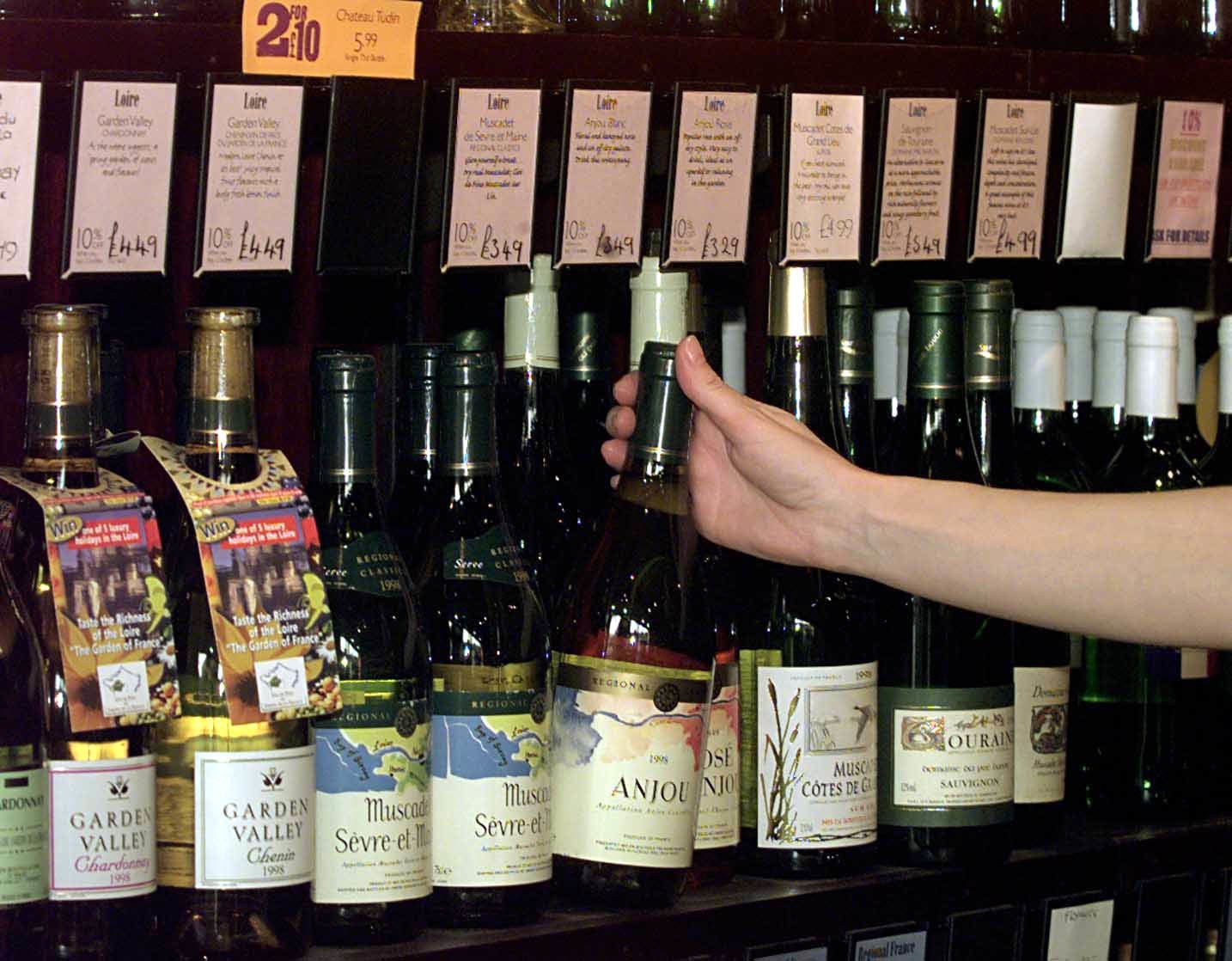Is this the end of cheap wine?
The news that two of the best known cheap wine brands in the UK are being sold off shows that consumers are moving away from the bargain basement end of the market – and that’s something we can all drink to, says Rosamund Hall


When it comes to drinking wine for the first time, I don’t believe anybody really starts off by quaffing fancy bottles of champagne or fine Bordeaux. And if they do, it’s certainly not anyone in the circles I mix in.
The favourite among my friends and I at university was the regular “3 for £12” offer on Arniston Bay from the local Co-op. I note that that same wine is now £6.35 per bottle. We were definitely drinking at the cheap end of the spectrum, but we enjoyed it.
I always assumed that this is what everybody still does, but it seems that our tastes our changing. This can be no better reflected in the news recently that Treasury Wine Estates (TWE) – one of Australia’s largest wine companies – plans to divest two of its entry level brands: Blossom Hill and Wolf Blass.
These are keystone brands found in supermarket aisles and off-licences up and down the country, so this might seem like a surprising move. But why are they making this strategic decision now? One word: premiumisation. In a statement from TWE, they said that the move was the result of “challenging market conditions” for commercial wine, “across all markets”, and the “underperformance of brands relative to the category at these commercial price points”. Essentially, people just aren’t buying cheap plonk anymore.
TWE, which has an annual revenue of AU$2.42bn (approximately £1.25bn), wants to focus future investment and growth in their more premium brands. On the lower end this includes the supermarket favourite 19 Crimes, which currently sells at £9 per bottle, while at the other extreme you’ll find the Penfolds portfolio, which includes Penfolds’ Grange – the current vintage of which sells for £545 per bottle. While you may not agree with me, I’d suggest that ‘premium brands’ such as 19 Crimes are now very much seen as part of the mainstream and reflect a genuine move which is seeing consumers drink less, but drinking better – something that I always encourage. Though, I’m not sure 19 Crimes is better – it just costs more.
It’s a hard time for the Australian wine industry, which boomed in the late 90s and beyond thanks in part to these low-priced, commercial brands. Seeing its demise is just another part of a bleak picture for a sector which was hit hard by punitive tariffs imposed on Australian wine by China in 2020 due to a rise in political tensions between the two countries. These have been eased recently, but it’s not expected that it will regain its position at the same level as pre-2020. Australia exported over $1.2bn worth of wine to China, it was its most valuable export market – more than double the value of exports to the next biggest markets for Australian wine, the US and UK.
Another issue affecting the industry is that people simply aren’t drinking as much wine. In the UK per capita consumption is approximately 14 per cent lower than it was in 2000. Consumption peaked in 2009 and has been decreasing ever since, with only a brief uptick during the Covid pandemic – similar figures are mirrored in Australia.
But I remain optimistic. I don’t see it as a sad indictment of the global wine industry that large companies are prioritising their premium brands. For wine to be sustainable, there needs to be a move away from industrial winemaking which neither benefits us or the planet. TWE could be seen as leading the way in shifting from huge volume over quality – Australian wine historian Andrew Caillard says “the Australian industry is shrinking to glory” – perhaps this is an idea that should be embraced globally.
Rosamund Hall (DipWSET) is a freelance writer and wine expert
Join our commenting forum
Join thought-provoking conversations, follow other Independent readers and see their replies
Comments